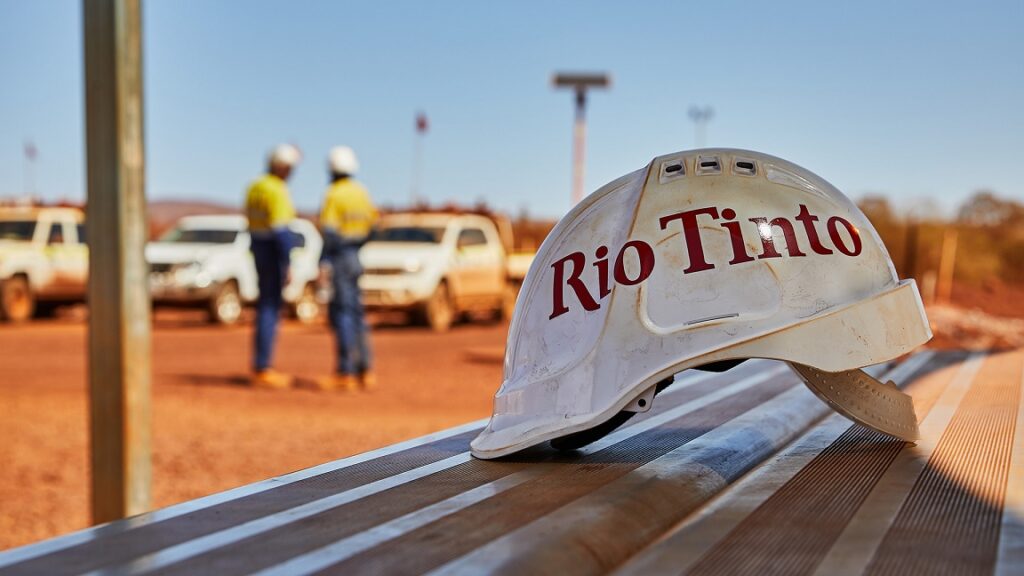Have you taken a career break to start a family, taken time out following a redundancy or temporary retirement? Have you decided to step back from work to enjoy different experiences, such as travelling the world? Or have you taken some time off to simply enjoy a break and to rediscover yourself?
According to the Australian Bureau of Statistics, you’re not alone. Around 4% of employees have taken a career break of six months or more. This research also revealed that 73% of women took a career break for ‘family reasons’, whereas 47% of males took a break for ‘personal reasons’.
Whatever motives you have had for taking a career break, there may come a time when you decide to jump back onto the career ladder. Getting a job can be daunting enough, but it can be even more unnerving once you’ve taken a break from work. You may you feel anxious about starting a new job or you may worry that your skills are a little rusty because a lot has changed since you’ve been away from the workplace.
If you feel you’re in this situation, here are six effective tips to help increase your chances of getting hired following a career break:
1. Assess your situation
Many people make the mistake of jumping straight back into the first job they can find. Firstly, if you’re not sure about a job, the interviewer may sense your uncertainty and will be unlikely to take you further in the hiring process.
Secondly, if you secure a job that isn’t suitable for you, you could even find yourself job hopping frequently before you find the right one. It’s therefore important to take some time to assess your situation first and decide what you want to do. Open your mind and remember, what was right for you before your career break, may not be what the best fit is for you now.
2. Update your CV with your career break
It’s quite common for a candidate to believe that a gap on their CV will ruin their career.
However, instead of seeing it as a handicap, see it as something positive that can differentiate you from other candidates. If you have not been working for a long period of time, don’t hide it. A break can provide lots of benefits that can make you just as, if not more hireable, even if it’s just been a chance for you to take a step back and re-evaluate your future career.
Add all the new skills you may have developed during your break, and explain how these can relate to the job you’re now applying for. For example, did you take a diploma course specialising in new technology? Did you do volunteer work and develop your leadership skills, which will help you to lead a team more effectively? Or perhaps travelling the world helped to give you a much needed confidence boost?
3. Network
When looking for your first job after a career break, don’t forget to use your existing connections. Spend some time reaching out to your previous colleagues, clients, friends and family. Let them know that you’re seeking a new position.
They may have the perfect job for you or be able to point you in the right direction. This is also a good opportunity to prepare any potential references that could support your new job applications.
4. Be prepared for your interview
Before you attend your first interview, make sure you’re prepared to answer questions about your career break. You may be asked why you have a career gap and what you did with your time. Honesty is the first step. Make it clear what you did during your break and why you decided it was the right thing for you to do.
You could tailor your answers to demonstrate how your break will benefit the role you are now applying for. Think critically about some of the concerns an interviewer may have. They may wonder whether you’re ready to get back on the career ladder for example. In this case, explain why you have decided to re-join the workforce, whilst emphasising your passion, drive, and focus.
5. Look for career returner programs
As well as using job boards to search for jobs, research the various career returner programs that may be available. Deloitte is just one example of an organisation who runs this kind of scheme. Their return to work program lasts for 20 weeks and is aimed at men and women who have taken a career break. Whether the break has been for family or other reasons, the scheme provides tailored support and experience to help you readjust to being back at work.
JP Morgan is another business offering a similar scheme. Their global ReEntry Program provides networking and mentorship opportunities to senior executives who are looking to re-join corporate life after taking a career break.
6. Be confident
Whether you’ve been away from work for 12 months or 2 years, getting back into the hiring pool can be nerve-racking. However, the most important thing is that you remain confident in your abilities.
Without confidence, you can easily undervalue what you can offer an employer. Write down your skills and strengths on a piece of paper. Refer to this during your job search, to help give you a boost of energy. If you’re uncertain, ask friends and family to share their feedback on where your strengths lie. They may offer some suggestions that you had not previously considered.
If you’re concerned that your skills are no longer up-to-date, take a refresher course. Make sure you do your research too. Look at the employer’s website and social media channels. You should also look at their competitors, read the latest industry news and research industry trends. Knowing you have all the information you need, will help you to be much more confident, especially during interviews.
Everyone has their own career path
Taking a career break is more common than you may think, despite the stigma that is sometimes attached behind how potential candidates will fill that void. Everyone has different career ladders they climb at their own pace depending on what their goals are in life.
So if you’re feeling apprehensive about jumping back into workforce after a career break, remember these tips to put you on the right path with renewed confidence.













